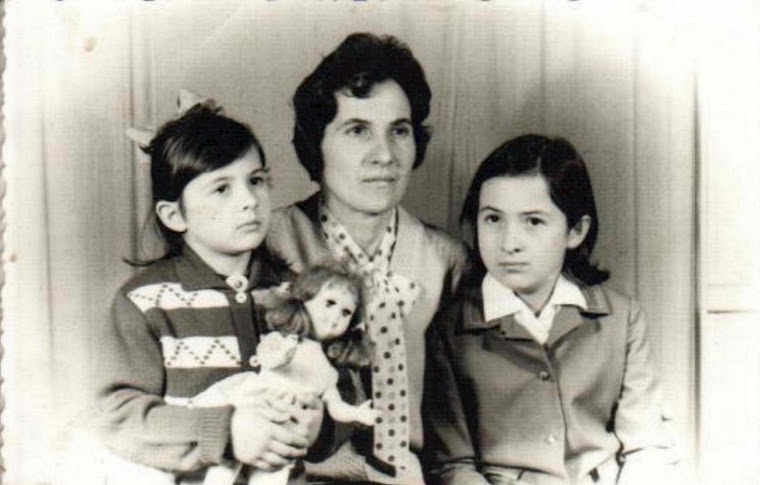‘Your conditional interpretation is my
unconditional truth,’ wrote Bulgaria’s Galina
Borissova in the programme note for her original
and idiosyncratic solo Juanita Hildegard Bo.
Unlike many BDP artists Borissova is no kid, but
rather a long, gawky and slightly mannish-looking
woman. She knows how to use her body expansively,
to fill a space with her stretched limbs and
ambiguous presence; she even crawls big. She also
has a subtle, ironic appreciation of kitsch,
evident most prominently in her musical
soundtrack, e.g., the Zorba the Greek theme, or
covers of the sentimental song Mama and novelty
pop tune Itsy Bitsy Teeny Weeny Yellow Polka Dot
Bikini.
Suggesting a peculiar, domestic cross between a
drama and a drag queen, Borrissova entered
wearing a fuzzy white puffball of a winter hat
and a plaid tablecloth-type skirt. The floor was
a patchwork of scarves. Like a laundress and a
magician, she shuffled the coloured silks with
her feet, furiously juggled them and, when they
were piled up, folded them with an expertise that
degenerated into an increasingly sloppy futility.
At one point she dashed to the side of the stage
and, using undetectable web-like wires, lifted a
handful of scarves into small mountain range of
fabric.
Borissova’s stage persona was odd, dead-pan comic
and surprisingly endearing. This working woman
removed her shoes and hat, clipping up her lanky
red hair in an attempt at prettification. You
sensed she’d been toughened up by life without
losing her capacity to feel. Some of her shapes
and actions (low on the floor, bum in the air;
wrapping her arms round her legs; letting loose a
truculent yet tired high kick; waxing frantic
with her skirt, or pulling it with emphatic calm
out of her bum crack) indicated distortion or
extremity, but nothing was overdone or, indeed,
quite finished. This tantalizingly assured state
of incompletion was part of the performance’s
unpredictable charm.
Balancing strength and vulnerability, Borissova
resisted pigeonholing as both artist and
character. Her dance is, I think, about ordinary
habitual labour, about carrying on despite
exhaustion or boredom and about the relief,
delight and glamour of dreaming and fantasising
outside one’s personal box. The piece wigged-out
into a dizzy, yet sympathetically controlled,
essay on exaggerated female allure. Borissova got
hold of some fans and, after flapping them behind
her back, let these symbolic wings fall to the
floor on which she herself was soon crumpled.
This was camp with a nugget of pain in it, and
some scarcely hidden suggestions of joy.



No comments:
Post a Comment